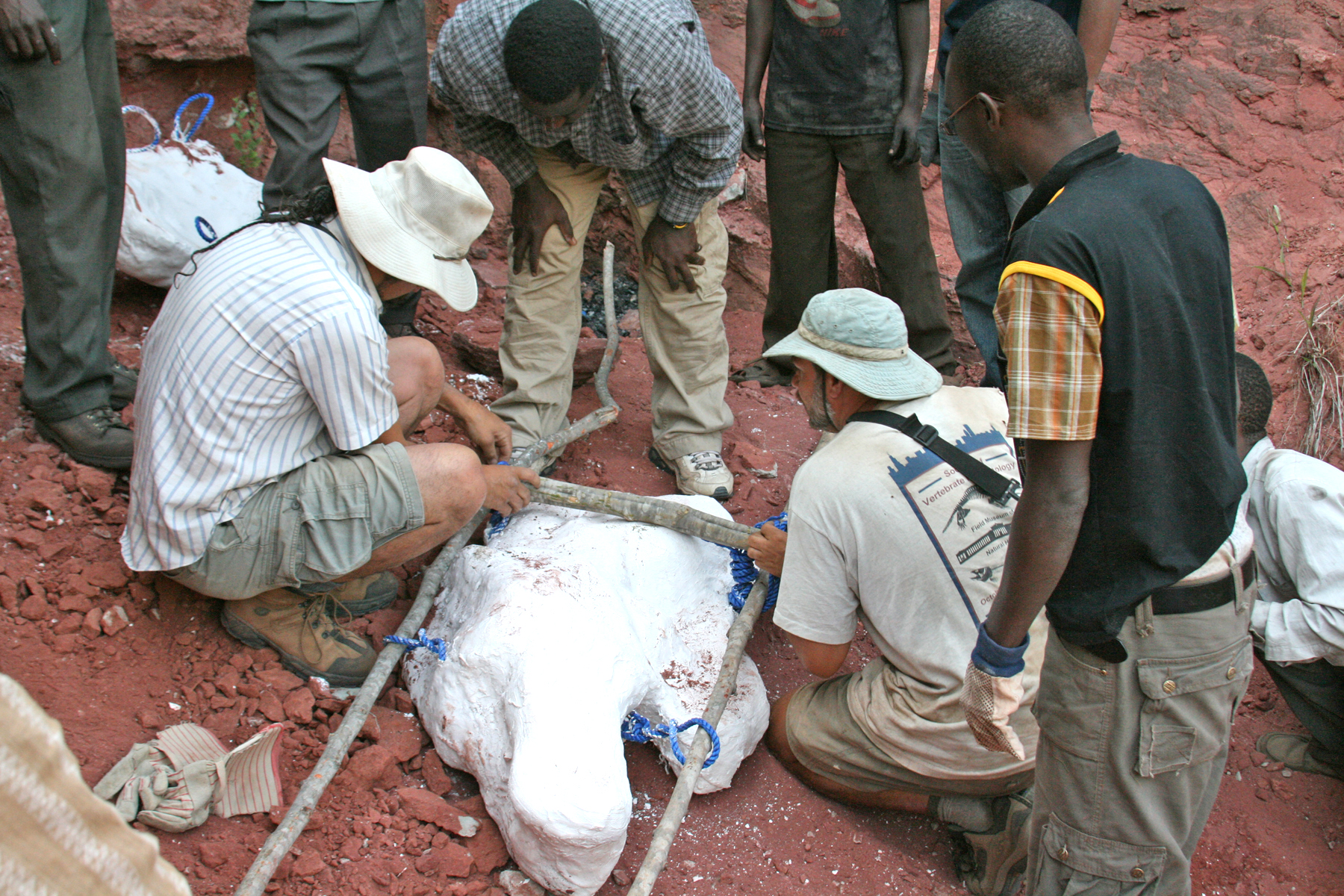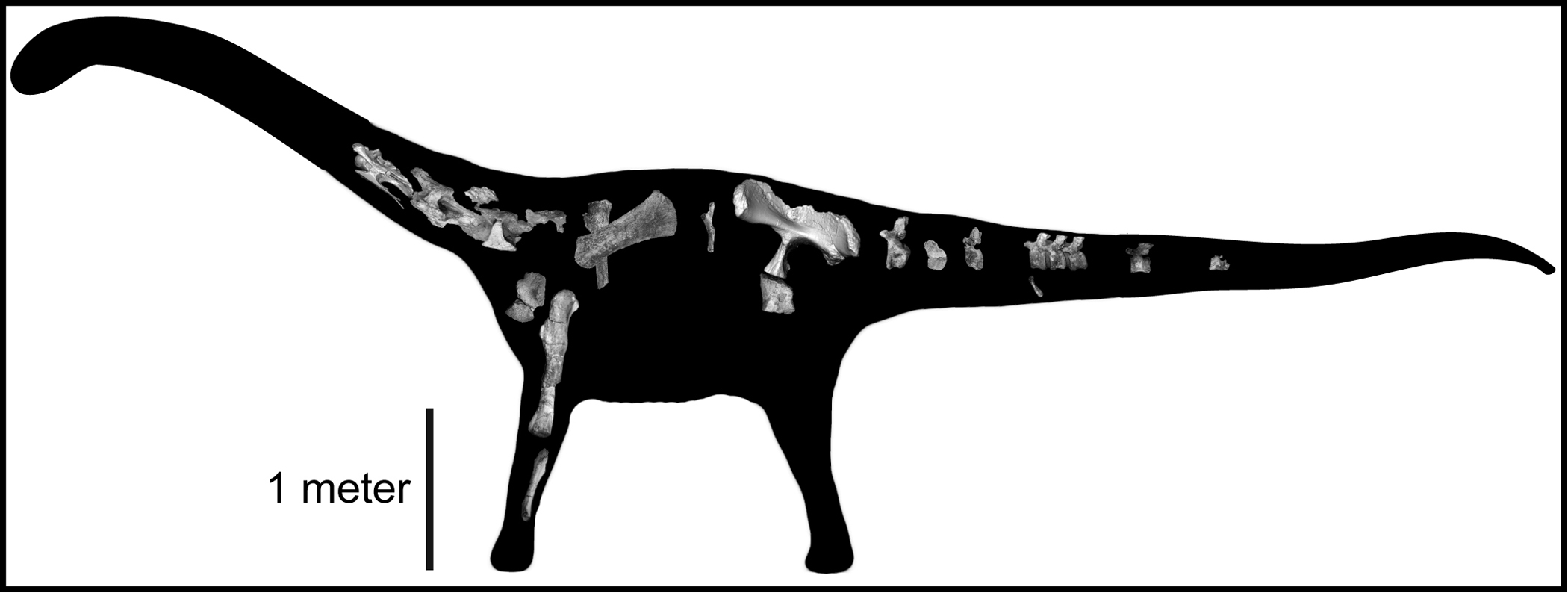
Paleontologists have unearthed a new species of dinosaur in Tanzania, a long-necked, plant-eating giant that crops up in varied forms on every continent, but rarely ever has been found in the continent of Africa.
The fossils of the newly minted Rukwatitan bisepultus were spotted in in the Rukwa Rift Basin of southwestern Tanzania, embedded into a cliff wall. Paleontologists from the University of Ohio excavated the fossils over several months, unearthing vertebrae, ribs, limbs and pelvic bones.

The fossils clearly belonged to a creature within the family tree of sauropods, the long-necked giants that frequently turn up in the soil of South America, but CT scans revealed a distinct species that had developed unique traits from its cousins across the pond. The bones offer new evidence that the flora and fauna of the region, some 100 million years ago, may have been uniquely adapted to the area’s prehistoric environment. “With the discovery of Rukwatitan and study of the material in nearby Malawi, we are beginning to fill a significant gap from a large part of the world,” said study author Eric Gorscak.
More Must-Reads from TIME
- Donald Trump Is TIME's 2024 Person of the Year
- Why We Chose Trump as Person of the Year
- Is Intermittent Fasting Good or Bad for You?
- The 100 Must-Read Books of 2024
- The 20 Best Christmas TV Episodes
- Column: If Optimism Feels Ridiculous Now, Try Hope
- The Future of Climate Action Is Trade Policy
- Merle Bombardieri Is Helping People Make the Baby Decision
Contact us at letters@time.com